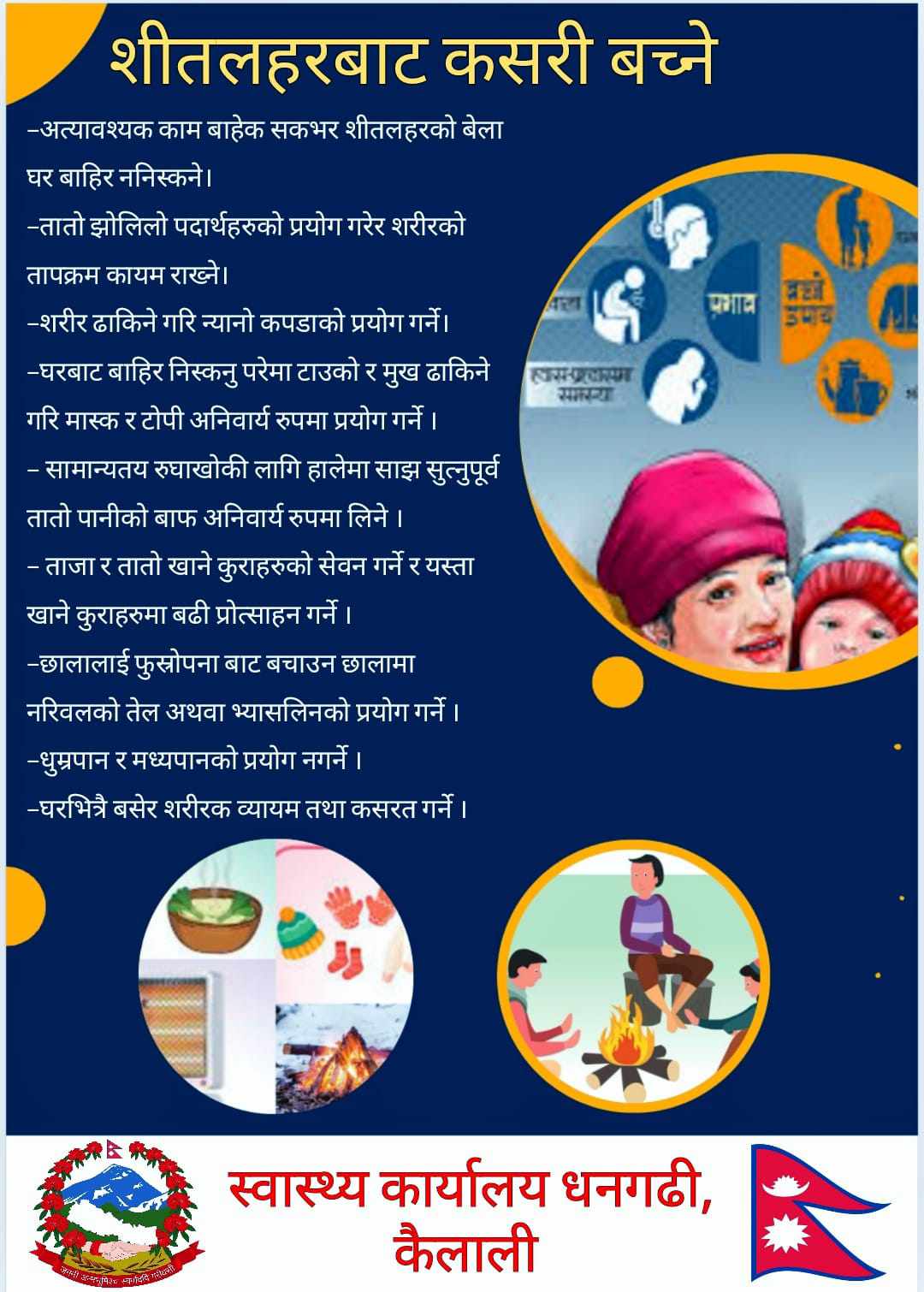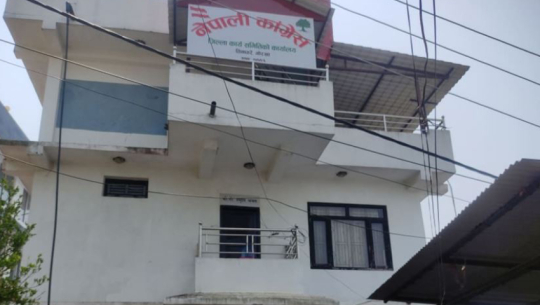Prachanda shares traditional Tharu cuisine during Tarai-Madhes awareness campaign

Dhangadhi: As part of the latter phase of the Tarai-Madhes Postal Highway Awareness Campaign, CPN (Maoist Center) Chairman and former Prime Minister Pushpa Kamal Dahal 'Prachanda' experienced a unique cultural welcome in Kailali’s Tharu settlements on Monday evening.
Entering Kailali via Rajapur in Bardiya, the campaign team halted overnight in Tikapur. On Tuesday morning, Prachanda held discussions in Dhansinghpur, Tikapur Municipality-8, with families of martyrs, missing persons, injured, disabled, and torture victims. He later addressed an awareness meeting in Jhunga, Tikapur-9.
The team then proceeded to Baijpur in Kailari Rural Municipality-5, where a special welcome ceremony and traditional breakfast awaited. Local leaders, party cadres, and residents had begun preparations four days in advance, aiming to honor their guests with authentic Tharu hospitality.
In anticipation of serving over 250 participants, residents of the Tharu community engaged in traditional food gathering—digging for mice, and collecting snails and fish from the Kataini and Mohana rivers. Meals were prepared in seven local homes, highlighting dishes rooted in Tharu culinary heritage.
Chairman Prachanda was served Khudik Kapuwa in place of lentils, accompanied by traditional Tharu delicacies such as rat and gangta chutney, local chicken, snails, bayar chutney, and khariya. According to Kailari Chairman Batasu Chaudhary, this spread represented the essence of Tharu culture.
“All dishes were eaten,” affirmed Maoist Center Central Member and Kailali In-charge Nep Bahadur Chaudhary ‘Singharaj’. “We, including the chairman, ate everything offered. Living in the people’s homes and eating from their kitchens is the spirit of the awareness campaign.”
In line with local customs, no chairs were used—guests sat on cots, fanned with hand fans, and dined on tapri and duna (leaf bowls). Meals were served on verandas rather than indoors, reflecting deep-rooted hospitality and cultural pride.













